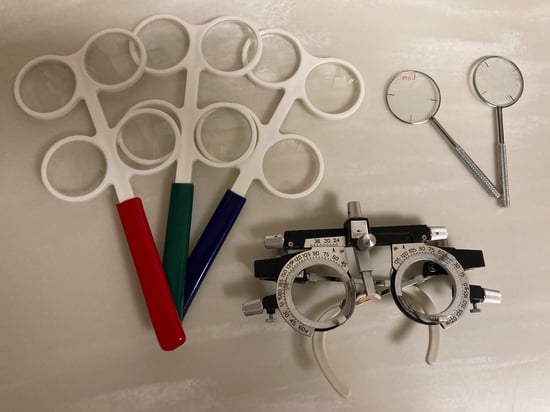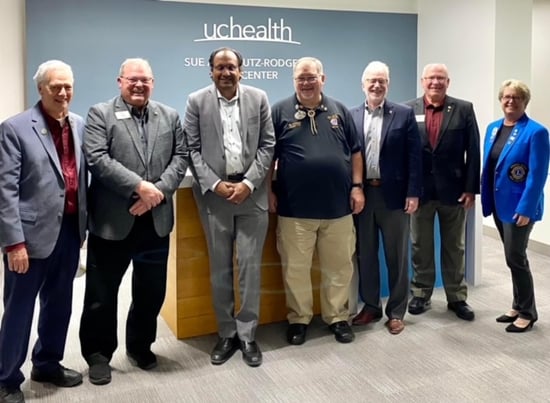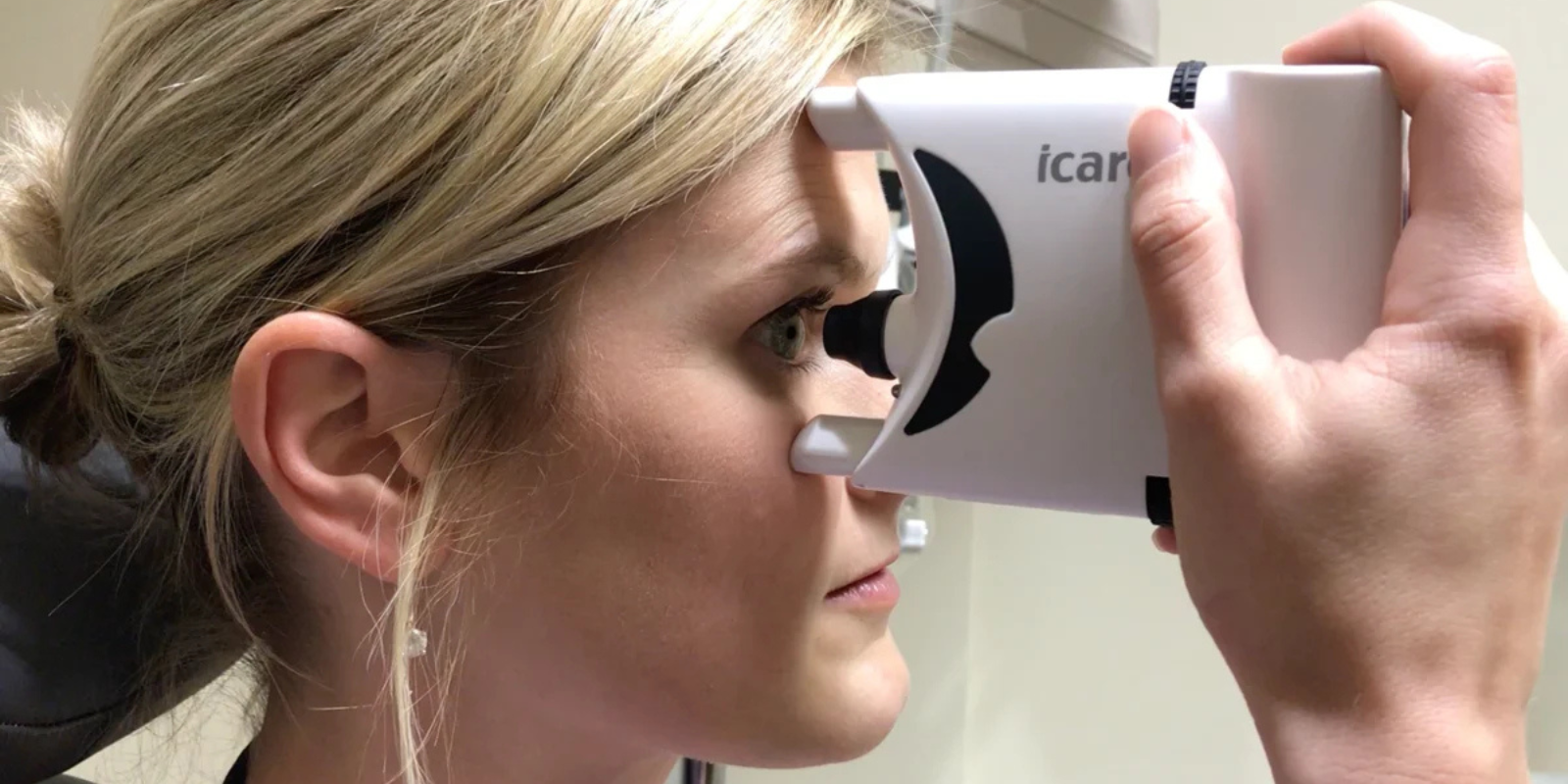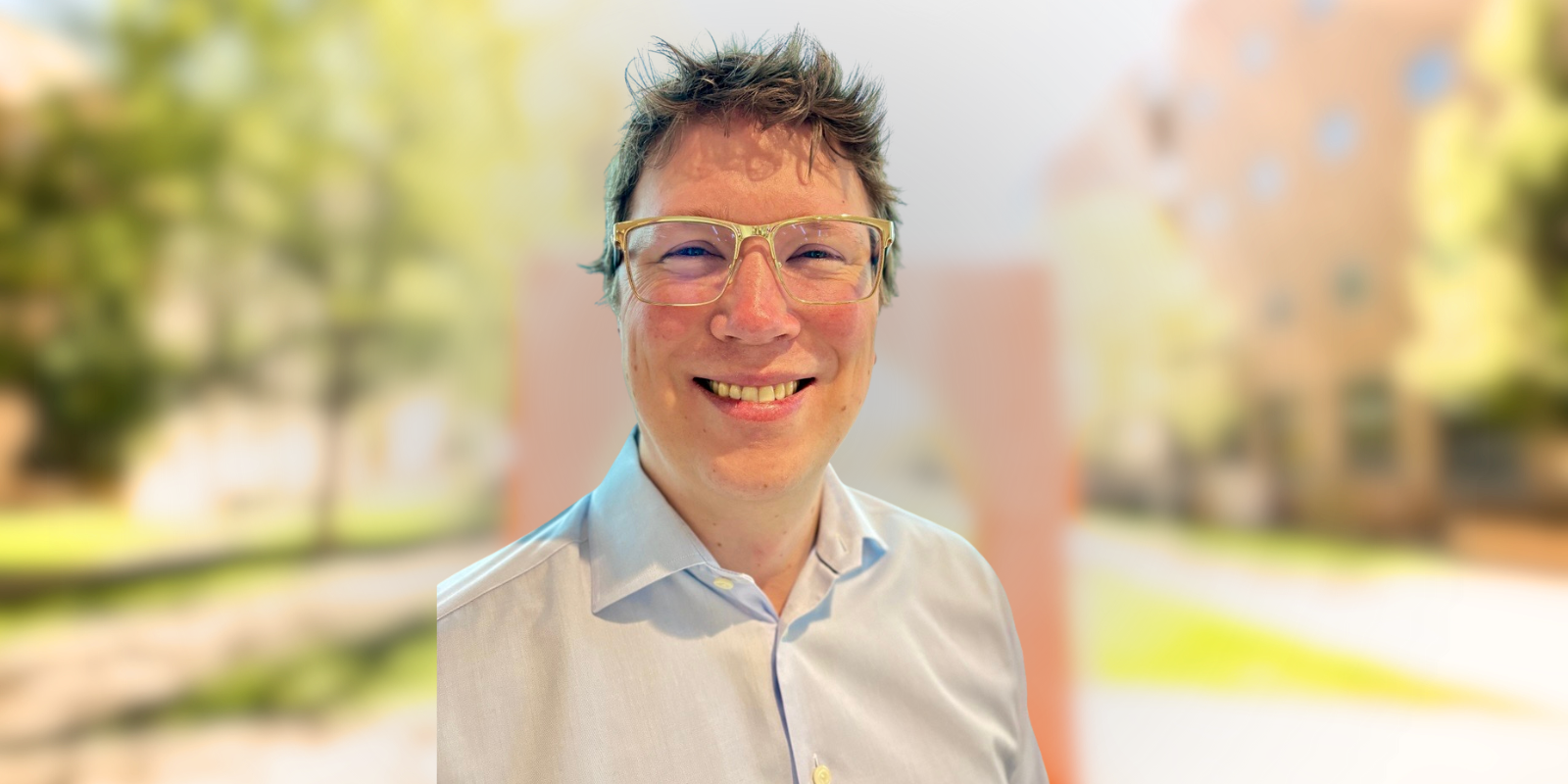Although vision impairments affect people of all ages and backgrounds, the cost of an initial low vision rehabilitation evaluation can prevent patients from getting the comprehensive care they need.
Faculty in the Low Vision Rehabilitation Service at the University of Colorado Department of Ophthalmology have seen the highest visual outcomes for patients who are able to undergo a trial frame refraction during the initial evaluation, but it is not covered by insurance and can be cost prohibitive. The department, in partnership with the Rocky Mountain Lions Eye Institute Foundation (RMLEIF), or the Rocky Mountain region of Lions Club International, has made it their mission to remove this barrier for patients in need of the assessment.
“There’s been a few studies that have looked at the value of trial frame refractions,” says David Simpson, OD, assistant professor of ophthalmology at the CU School of Medicine. “A recent one showed that we can use this technique to get a noticeable improvement in visual acuity in about 1 in 4 patients initially presenting for low vision evaluation.”
Patients referred to the rehabilitation service are often living with eye conditions such as macular degeneration or glaucoma and are looking to achieve the best use of their vision.
More access leads to better outcomes
Over the past 15 years, the Department of Ophthalmology’s partnership with RMLEIF has covered the costs for more than 300 low vision rehabilitation patients, allowing them to maximize their visual outcomes.
“Vision loss can set off a chain of events that have major impacts on somebody's life – from their livelihood to performing daily tasks,” says Simpson. “Because of the help we receive from the Lions Club, we don’t have to turn patients away. I think that's important to provide the best care to the to everyone we see – and not just those who can afford it.”
The trial frame refraction tool isn’t new to the field of ophthalmology, but Simpson says it remains the most precise and thorough test to determine visual potential in patients.

Trial frame refraction helps determine visual potential in low vision patients.
“It's technically the older way of doing things, but there are various advantages,” he explains. “Patients can experience more natural head positioning, and I can show them bigger lens changes. If we can show them larger changes, we can get more accurate results.”
“Without being able to perform the refraction, we lose the opportunity to discover the exact potential for vision that the patient has, which can ultimately impact the direction that we can go as far as vision rehabilitation,” Simpson continues. “So, the power of devices that we can use, or even some of the device options, depend on the best visual acuity that we can achieve for the patient. We are fortunate enough to have the time to spend doing it.”
Furthering the mission of low vision research and solutions
While RMLEIF’s partnership with the Sue Anschutz-Rodgers Eye Center remains dedicated to patient access and equipment, their commitment to improving visual outcomes will be highlighted this summer as the Department of Ophthalmology brings low vision rehabilitation research and solutions to the spotlight in Denver on a worldwide stage.
Vision 2023 Denver is an international conference that will connect ophthalmic researchers, clinicians, and occupational therapists with renowned leaders in the field to learn about the latest innovations and technologies for patients with visual impairments across the entire life span.
“This conference will help us demonstrate that we're part of a bigger organization and that low vision is a universal initiative,” says John Harper, president of RMLEIF. “People are coming from all over the world for this once-every-three-year’s event that hasn't been in the United States in decades. It gives us an opportunity to show the comprehensive, rounded approach to eye care going on at the Rocky Mountain Lions Eye Institute.”
 Members of the Rocky Mountain Lions Eye Institute Foundation pose with Naresh Mandava, MD, chair of the CU Department of Ophthalmology, at the Sue Anschutz-Rodgers Eye Center.
Members of the Rocky Mountain Lions Eye Institute Foundation pose with Naresh Mandava, MD, chair of the CU Department of Ophthalmology, at the Sue Anschutz-Rodgers Eye Center.
Having help from those who are familiar with the community – and the needs of attendees who experience visual impairments – is vital for an accessible and inclusive conference, and Simpson sees the effort rippling across the region for years to come.
“The global collaboration that will happen at this meeting is important for the progression of the field and only stands to benefit all those people when they go back home to work with their patients,” Simpson says. “An international conference has a lasting impact on the local community far beyond the attendees.”
Department of Ophthalmology faculty who have been selected as keynote speakers include Kaleb Abbott, OD, MS, FAAO, ophthalmology instructor, Darren Gregory, MD, associate professor of ophthalmology, Natalia Vergara, PhD, assistant professor of ophthalmology, and Valeria Canto-Soler, PhD, Doni Solich Family Chair in Ocular Stem Cell Research and associate professor of ophthalmology.
Learn more about Vision 2023 Denver here.

.png)
.png)

